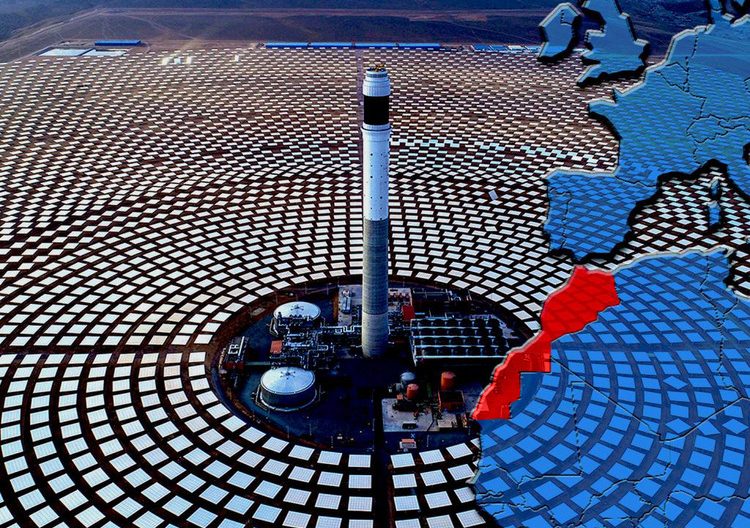
File produced by the editorial board
The climate crisis represents an unprecedented danger to humanity, as it has caused great risks to the environment and the global economy for several decades, as well as to international peace and stability.
Morocco, located in northwest Africa, is one of the countries most vulnerable to the effects of climate change, although its contribution to greenhouse gas emissions is minimal, due to its low use of hydrocarbons and the high presence of renewable energies. Therefore, the Kingdom has placed energy transformation at the core of its national priorities, in order to combat climate change while embarking on the path of sustainable development.
Also read: Can clean energy beat Morocco’s fossil diplomacy?
Thus, Morocco has played a major role in the advancement of renewable energies, and the energy sector, which is responsible for about 26% of greenhouse gas emissions, has undergone significant changes in recent years. Thanks to these successful transitions, the country is now considered a true leader in Africa’s energy transition.
Over the past two decades, wind and solar energy have seen a real boom in Morocco. The share of renewable energy, including hydroelectric power, increased from 6% in 2000 to 19% in 2020, which is similar to that of France and Tunisia, but lower than that of Spain and Portugal. In addition, the kingdom is responsible for nearly half of North Africa’s electricity production, mainly through wind, solar photovoltaic, and solar thermal energy.






